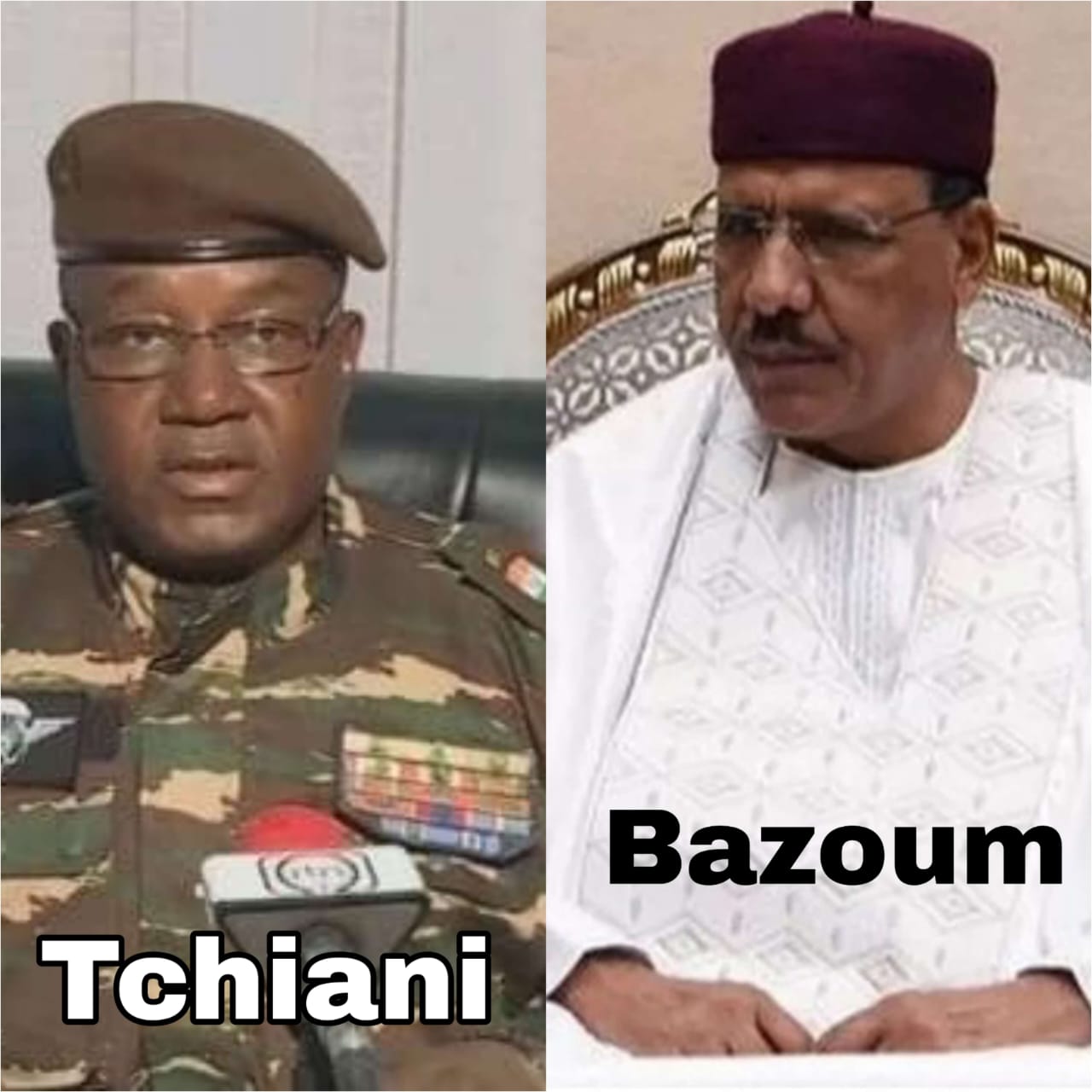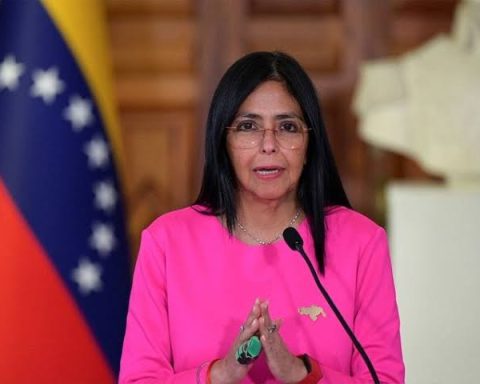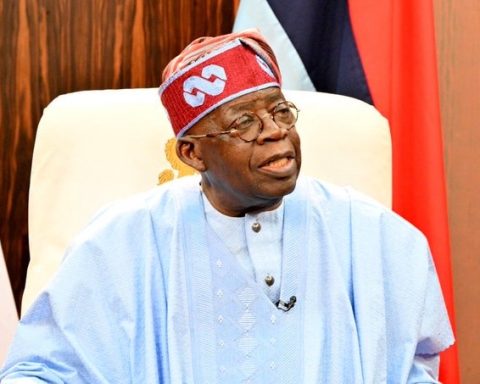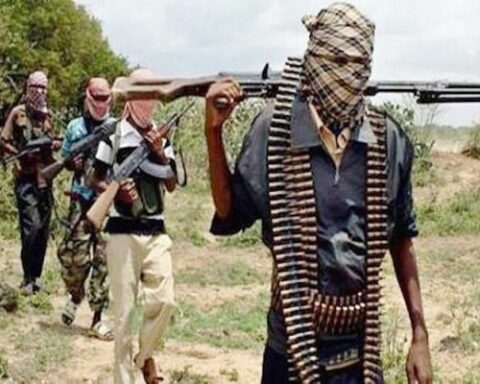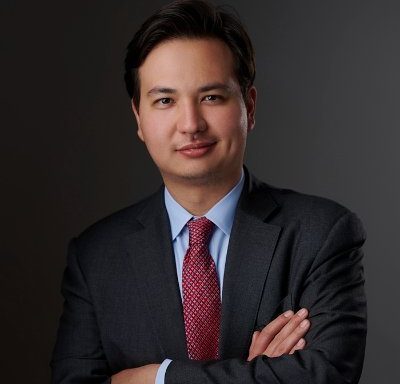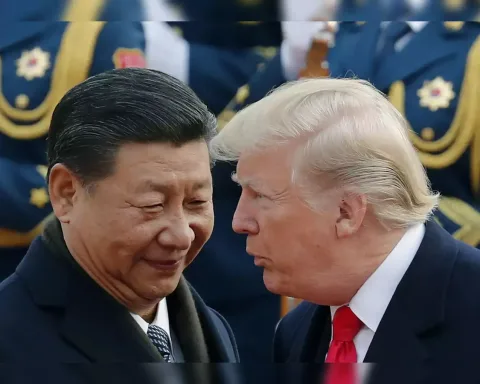When Russia invaded Ukraine in February 2022, some analysts alluded that Africa was the beautiful bride and price for the war. The invasion was to have implications for African stability.
Before the Ukraine invasion, a renewed scramble for Africa had started with deepening military and business interests from China and Russia in Africa. Mali, Burkina Faso and Niger are some of the most recent cases of the renewed tussle for control of Africa among world powers. Unfortunately, coups, military and economic aids, nay booby-traps, election gerrymander, and subtle support for sectarianism and ethnic profiling appear to be the major turfs where the tussle manifests.
Join our WhatsApp ChannelThe coup in Niger on July 27, which ousted President Mohamed Bazoum, makes it the sixth in West Africa since 2020, with Mali, Guinea Bissau, The Gambia, Chad and Burkina Faso being the other five countries. The Niger coup appeared to be completed after the chief of the Nigerien presidential guard, Abdourahmane Tchiani, was declared the new leader following a two-day detention of Bazoum by Tchiani and his colleagues.
READ ALSO: How Niger Coup Renews, Deepens Scramble For Africa
Niger Republic Coup: Impacts On Democracy And Governance
Economic hardship and insecurity are said to be the reason for coups, for which many West Africans appear to back the military takeovers. On the contrary, the European Union, the United States, Germany and France all had strong words for the coup makers in Niger, having announced a suspension of financial and military aids to the country.
They also called on the army to restore democracy. Niger, a vast country of 25 million people, receives an annual official development assistance of $2bn (£1.6bn) from foreign partners, according to the World Bank. The country is generally regarded as very poor. A UN data report says that Niger is the world’s third poorest nation, and according to the International Renewable Energy Agency, Niger relies on imports from Nigeria for up to 90% of its power. Incidentally, Nigeria has cut power supplies to Niger as a result of the coup.
ECOWAS, led by Nigeria, has issued a 7-day ultimatum, in addition to sanctions, to force the military to restore democracy or face a show of force. The bloc has held back all commercial transactions with Niger and closed all air and land borders between Niger and member countries. As of August 2, 2023, defence chiefs from 10 ECOWAS countries were in attendance at a meeting in Abuja, Nigeria’s capital, to discuss the coup. The countries include Ghana, Nigeria, Benin Togo, Sierra Leone, Liberia, Senegal, The Gambia, Ivory Coast, and Cape Verde. Defence chiefs from Mali, Guinea Bissau, Burkina Faso, Niger and Guinea Conakry were not in attendance.
In response, the leaders of Mali, Guinea and Burkina Faso have called ECOWAS’ actions a declaration of war and threatened to resist any attempt to reverse the coup. Mali and Burkina Faso cautioned against any more steps from ECOWAS that would “jeopardise the spirit of Pan-Africanism,” without which they could withdraw their ECOWAS membership. They expressed dissatisfaction that ECOWAS did little to resolve the grave security impasse in the Sahel, yet they want to intervene militarily in Niger. The Nigerien army have also backed the coup, warning against attempts to reinstate Bazoum by force. All four nations (Mali, Burkina Faso, Guinea and Niger) are currently suspended by ECOWAS as a result of coups. ECOWAS, led by Nigeria, Ghana and Senegal had used force to thwart military and civilian coups in Liberia, Sierra Leone and The Gambia between 1990 and 2020.
The growing affinity between Mali, Burkina Faso, Guinea and Niger on one hand and Russia on the other hand says more about the writing on the wall. Russian mercenary group, Wagner, which already operates in Mali, is said to have shown support for the coup, and offered to help the Nigerien military. From July 27 to 28, Russia held its second Africa summit, promising debt forgiveness and free grain to African countries. Niger is also the largest supplier of uranium to Europe and the new military leaders on Sunday suspended all uranium and gold supply to France. In 2022, France had ended a nine-year military mission in Mali after the later showed more proclivity to Russia.
Niger was a colony of France until 1960. French and American troops numbering up to 1500 and 1000 respectively use their bases in Niger to fight against Islamist insurgency in the Sahel. All of these operations may be coming to an end, at least for now, and this situation is widely seen as a blow to security in the Sahel. Nevertheless, many Nigerien citizens are said to be opposed to the military missions. On Sunday, stone-throwing protesters marched on the French Embassy in Niamey, the capital of Niger. They waived Russian Flags, while setting fire to French flags and the French embassy doors.
Security analysts say that the activities of the 10 ECOWAS heads of state and defence chiefs suggest that a military strike on Niger may be on the cards. However, the analysts express concern that western powers are shying away from directly fighting a war orchestrated by their military and mercantilist interests. They also warn ECOWAS countries to consider the likely effects of an involvement in any war in the sub region with regard to the already worsening humanitarian conditions, refugee problems, stability and economy of the region.
Amid these concerns however, the Nigerian government on August 3 dispatched envoy to Niamey, urging “robust dialogue” to end the impasse. Special Adviser to the President (Media and Publicity), Ajuri Ngelale, in a press release said President Tinubu as ECOWAS Authority of Heads of State and Government sent the delegation with “a mandate to expeditiously resolve the current political impasse in the country.” The delegation, which left for Niamey on Thuesday after a breifing by President Tinubu, is headed by former Nigerian military head of State, General Abdulsalami Abubakar, who was joined by the Sultan of Sokot, Alhaji Muhammad Sa’ad Abubakar III and the President of the ECOWAS Commission, H.E Omar Alieu Touray.
The experience of Ukraine in the hands of Russia might be a lesson. As it is, Ukraine seems a sacrificial lamb in the neocolonial expansionist tendencies of western powers. The tactics of proxy wars as experienced in Libya and Syria should be instructive to West African leaders, who now appear to be dancing scarily on the precipice of a sub-regional catastrophe.
Dr Mbamalu is a veteran Journalist, Editor and Publisher
Follow on Twitter: @marcelmbamalu


